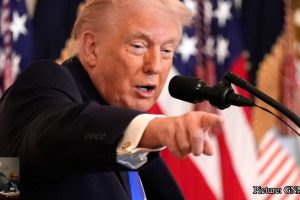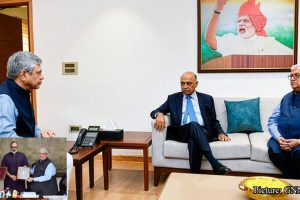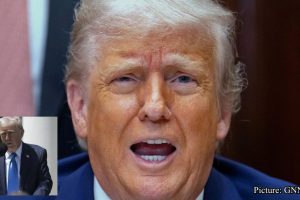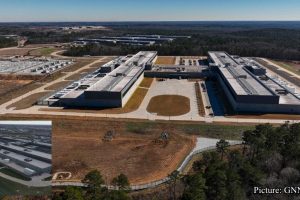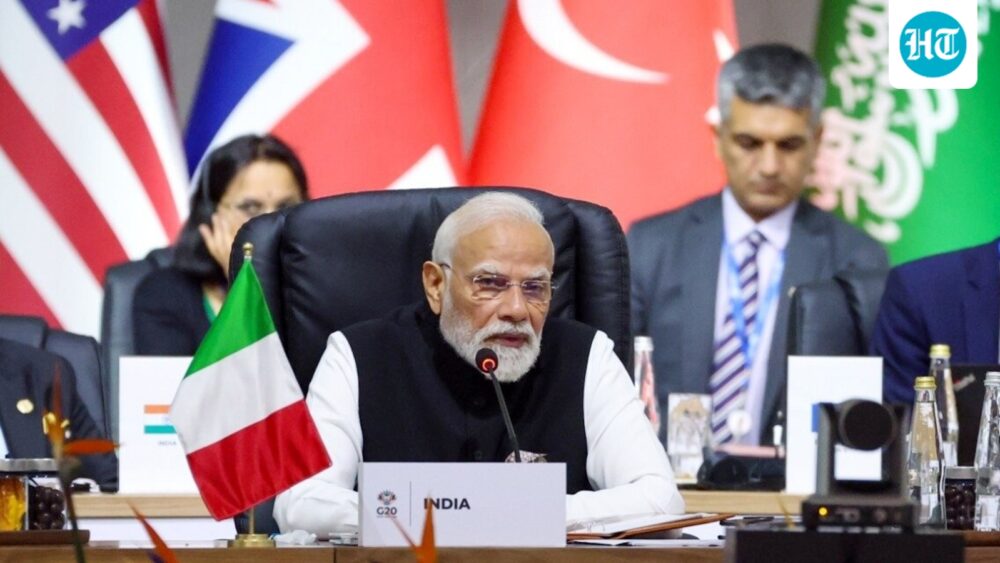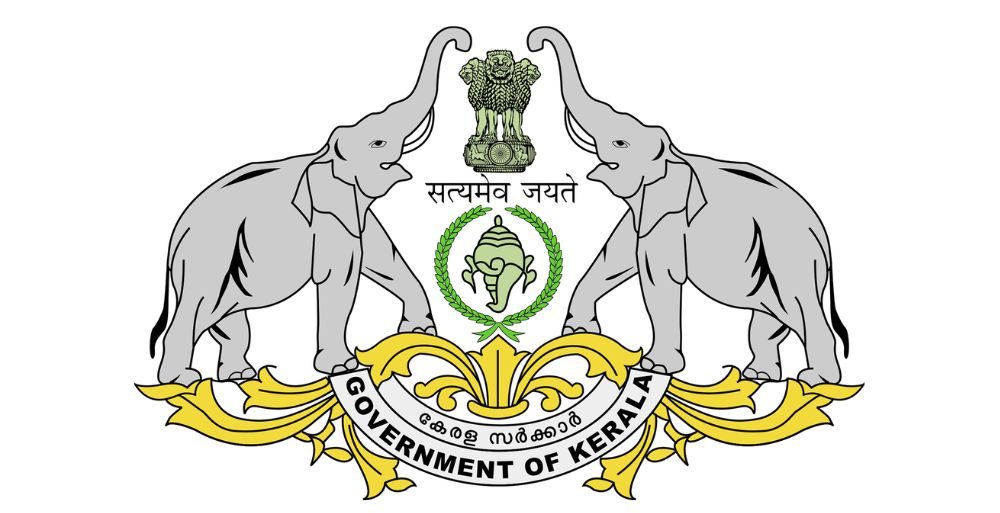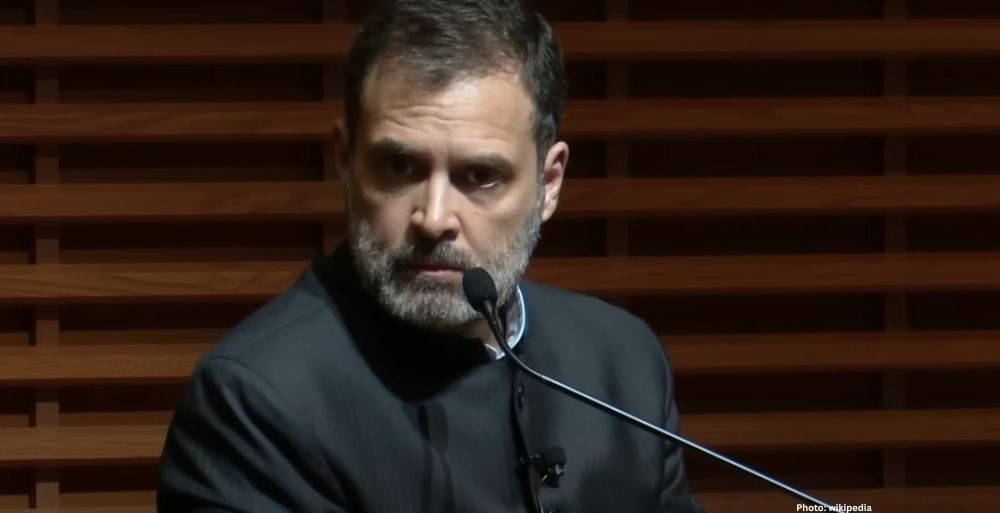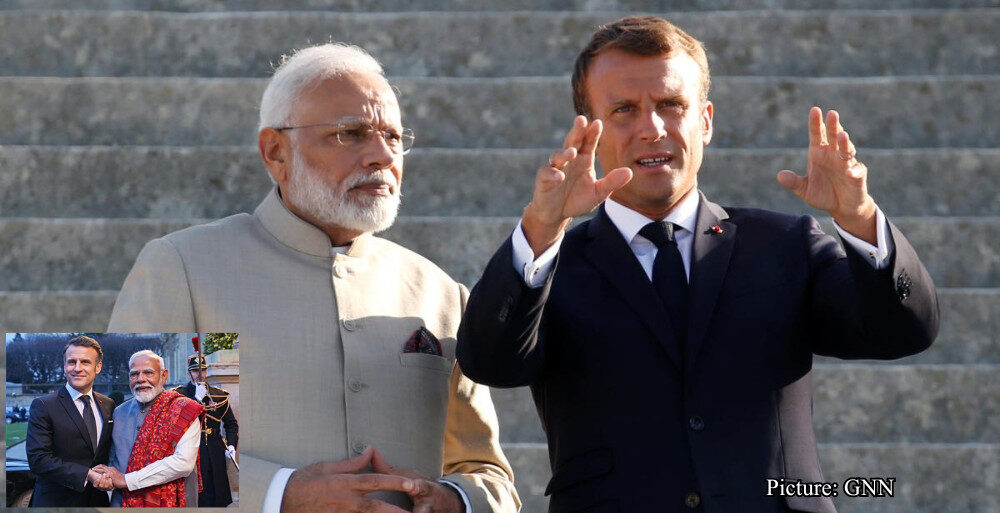Johannesburg — Prime Minister Narendra Modi on Sunday called on G20 nations to collaborate on a global framework for artificial intelligence, stressing the need for responsible, transparent, and inclusive use of emerging technologies. Speaking during the third session of the G20 Summit, Modi emphasized that the future of AI must be “human-centric, global, and built on open-source principles,” rather than dictated by financial interests or isolated national strategies.
Sharing key highlights from his address on X, Modi said the session focused on shaping a fair and equitable future, with priority discussions on critical minerals, artificial intelligence, and other technological frontiers.
Highlighting India’s leadership in digital transformation, Modi pointed to advancements in unified payments, space exploration, and AI initiatives as examples of accessible and scalable technology models. He said that India’s AI strategy stands on three main pillars: equitable access, large-scale skilling, and responsible deployment.
“India’s AI Mission is aimed at ensuring that the advantages of AI reach every citizen, in every district, across every language,” he said.
Modi warned that without global safeguards, artificial intelligence could be exploited for deepfakes, cybercrime, and terrorism. To curb such risks, he urged G20 members to work toward an international AI compact and adopt stricter regulations to govern harmful AI applications.
The Prime Minister also announced that India will host the AI Impact Summit in February 2026, under the theme Sarvajana Hitaya, Sarvajana Sukhaya — which translates to “welfare for all, happiness for all.”
Addressing the changing nature of work in the AI era, Modi said nations must invest in preparing their workforce for future skill demands rather than focusing solely on current job models. He encouraged G20 nations to advance a global framework for talent mobility, which would facilitate innovation, support emerging industries, and empower young talent.
Modi’s remarks come as G20 countries continue discussions on global AI governance, with increasing emphasis on unified standards for safety, regulation, and data protection.


